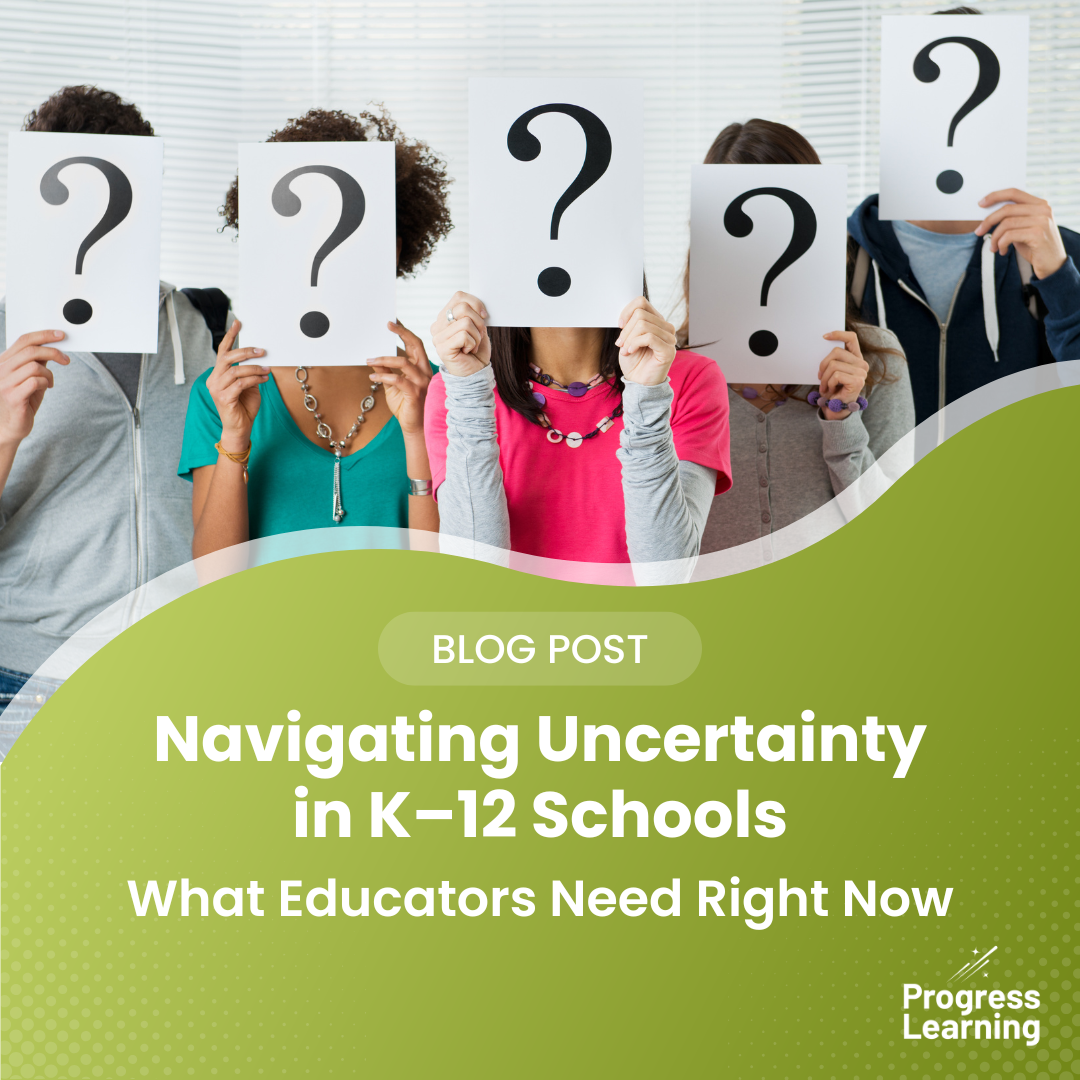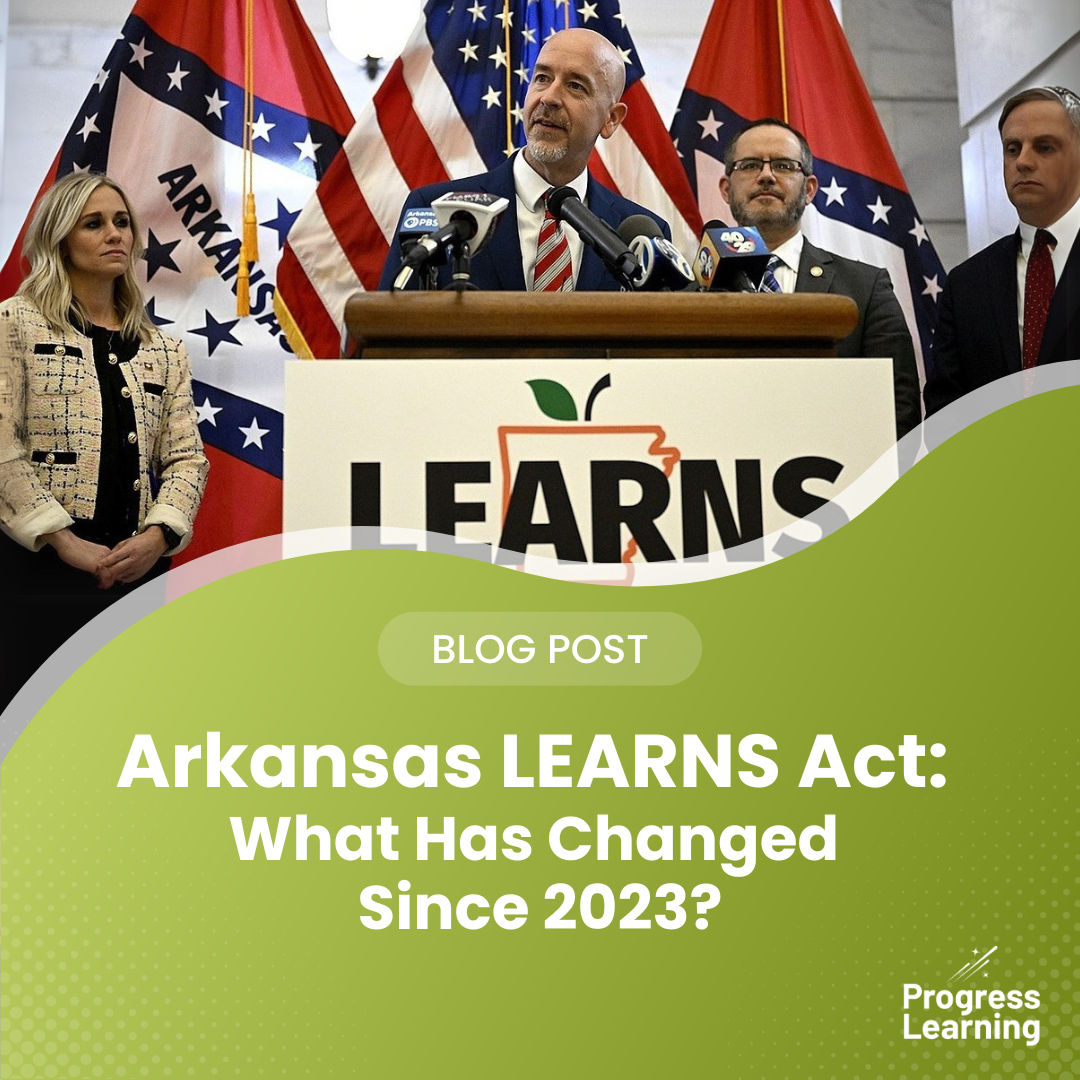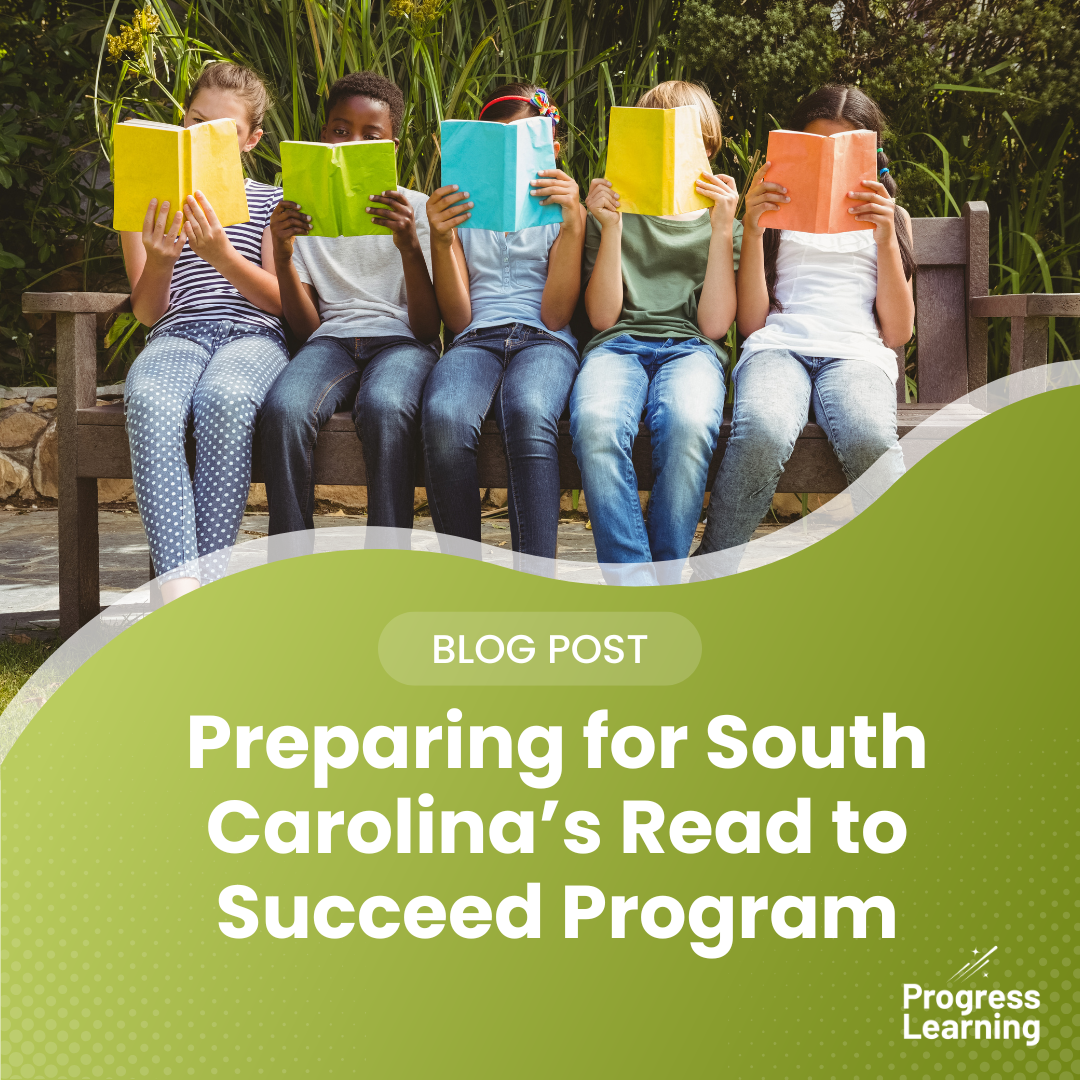Changes to South Carolina Standards & Curriculum: What You Need to Know for 2024-2025
South Carolina’s academic standards have undergone significant changes over the past few years, particularly in English language arts. The South Carolina Education Oversight Committee has highlighted that in South Carolina elementary or middle schools with an overall rating of “Excellent,” 25% of students who took both the SC READY ELA and the SC READY Math tests are not meeting grade-level standards on either test. This discrepancy in ELA scores has prompted a series of updates and changes to the standards and curriculum.
Changes to the ELA Curriculum
One of the major changes involves a rigid mandate to the ELA curriculum. Beginning in 2024, teachers can no longer use any materials outside their official curriculum and must use the state-mandated textbooks and curriculum. Additionally, classroom materials must be made available for parental review beforehand. This mandated curriculum may help with preparation, but it limits teachers’ ability to be flexible and meet students’ needs on the fly.
Teachers are also limited in the novels they can read in class. There will be an approval period, called “early screening,” where material and novels undergo an approval process before they can be used in the classroom.
Supplemental curriculum will also require approval. Experts on the ground say the approval process has never been done before, so they don’t yet know what this process will look like. Approval for any supplemental materials, such as novels and worksheets from sites like Teachers Pay Teachers, will likely require approval at the school level and possibly involve parent and district-level approval. Progress Learning is already an approved supplemental resource, so it will be available for use during the 2024-2025 school year.
Many teachers find these mandates problematic. Since the curriculum has become more rigid, they may want to supplement the curriculum with other materials. But even those supplemental materials require approval.
Tips for Adjusting to These Changes
Dr. Sandra Markowitz, an expert in instructional technology in the state of South Carolina, provided some helpful tips to deal with the new approval process.
- Check with school admin on the process and additional materials: Ensure you understand the approval process for any supplemental materials you want to use.
- Plan ahead: Prepare materials well in advance. While it’s tough to remain flexible, careful planning may help you be able to use the resources you want.
- Stay informed: Keep track of school board meetings and updates to avoid any disconnect.
Updates to the Read to Succeed Act
There are also updates to the Read to Succeed Act. Since 2015, teachers and students have been required to take four literacy classes. Third graders were monitored, and if they didn’t pass, they were held back.
Starting in the 2024-2025 school year, the South Carolina Department of Education (SCDE) is adding LETRS training. LETRS (Language Essentials for Teachers of Reading and Spelling) is a professional learning program designed to enhance teachers’ understanding of literacy and language based on the science of reading. It is one of the most comprehensive literacy programs in the country, covering key areas such as phonological awareness, phonics, fluency, vocabulary, comprehension, and written language. The program equips educators with effective strategies and tools to use in any reading curriculum and helps them understand how children develop oral language, print knowledge, alphabet skills, and writing abilities.
South Carolina added the LETRS program after seeing encouraging results from Mississippi. The LETRS training will focus on K-3 teachers, including special education teachers, coaches, and reading interventionists. Grades 4-5 will continue to use Read to Succeed.
LETRS is an intensive program, requiring 200 hours of training over two years. Teachers will need to find time not only for training but also to integrate the new strategies into their classrooms, making it a demanding addition to their schedules.
Updates to NGSS Standards
In addition to changes in ELA standards, there are updates in other areas as well. The Next Generation Science Standards (NGSS), which were approved in 2021, continue to remain significant as teachers get more familiar with them.
The NGSS emphasizes a more conceptual approach to science education rather than rote memorization. Each standard incorporates three dimensions of learning: Crosscutting Concepts, Science and Engineering Practices, and Disciplinary Core Ideas. These dimensions work together to ensure students “build a cohesive understanding of science over time.”
For more detailed information on these updates, please visit the SC Education Oversight Committee’s Annual Report 2024.


